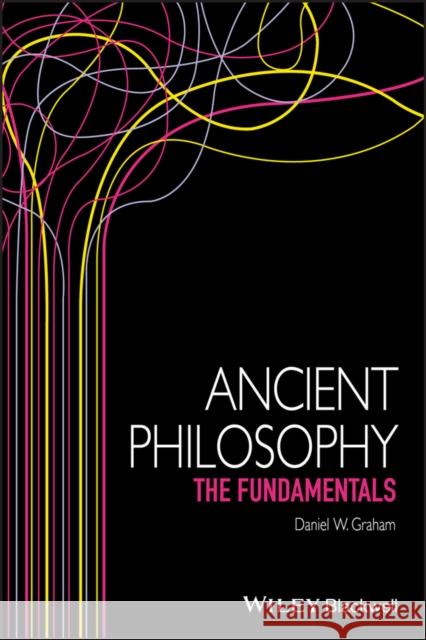Ancient Philosophy: The Fundamentals » książka
topmenu
Ancient Philosophy: The Fundamentals
ISBN-13: 9781119110156 / Angielski / Miękka / 2020 / 214 str.
Kategorie BISAC:
Wydawca:
Wiley-Blackwell
Seria wydawnicza:
Język:
Angielski
ISBN-13:
9781119110156
Rok wydania:
2020
Numer serii:
000323437
Ilość stron:
214
Waga:
0.32 kg
Wymiary:
22.61 x 15.24 x 1.27
Oprawa:
Miękka
Wolumenów:
01











